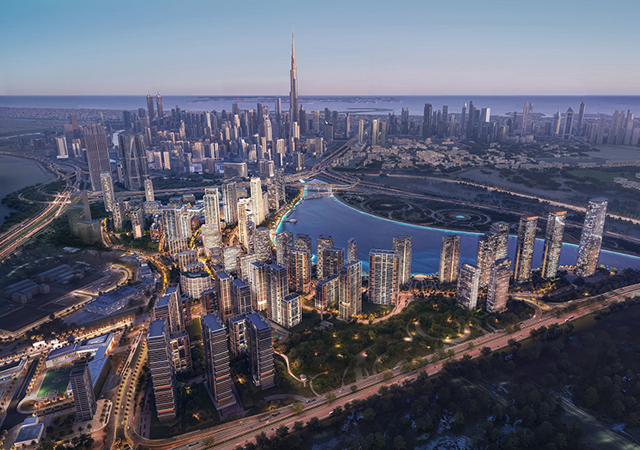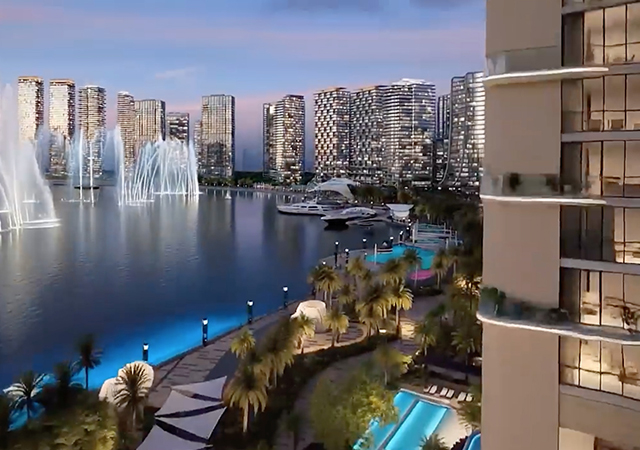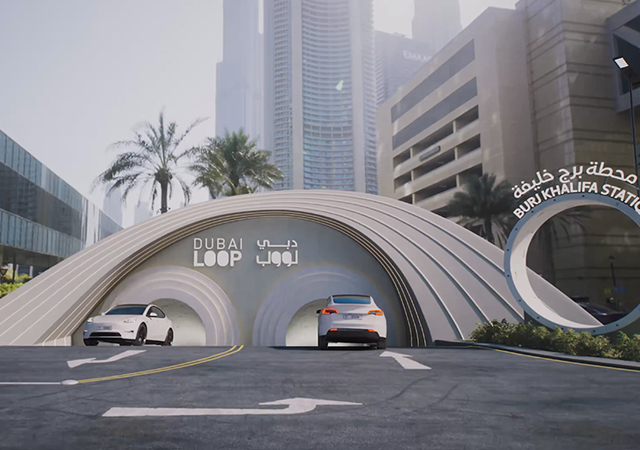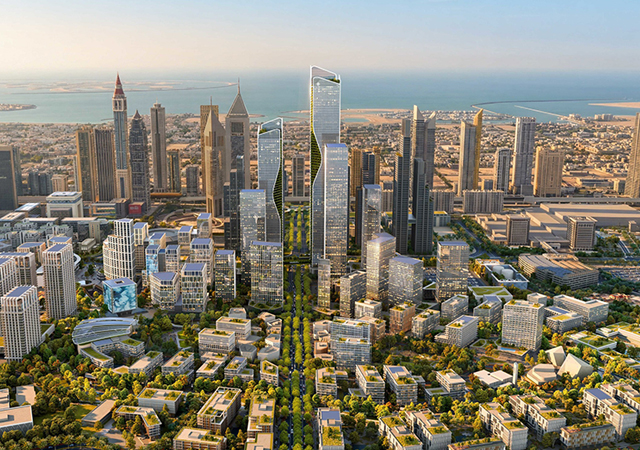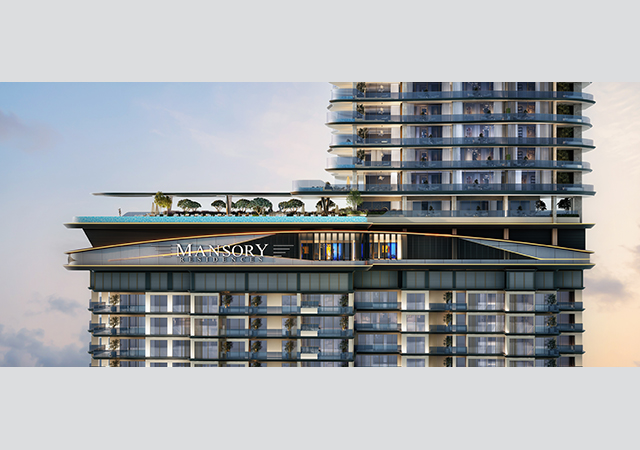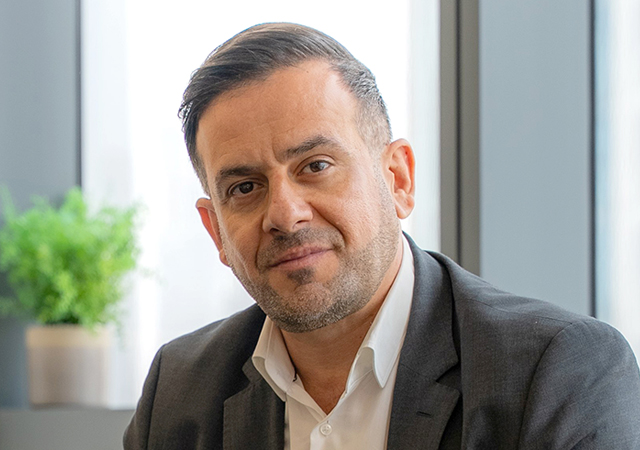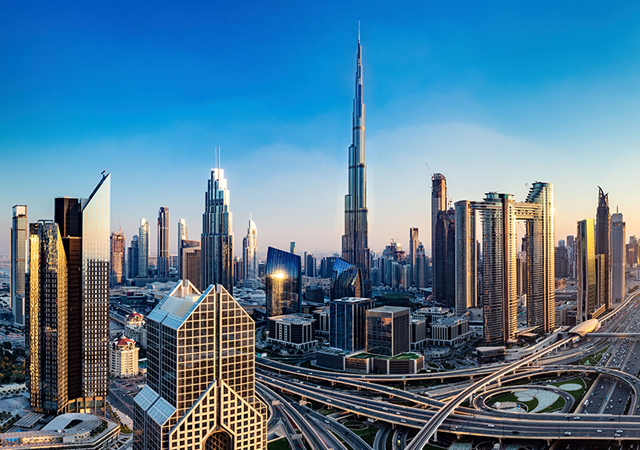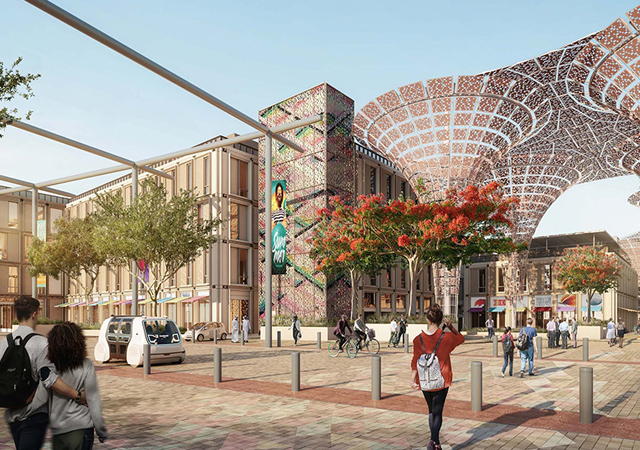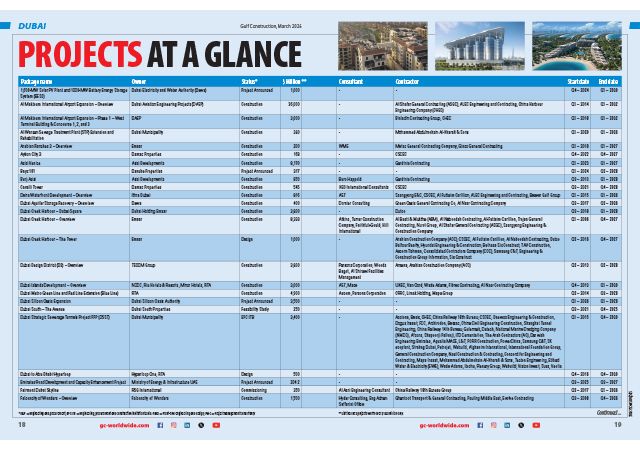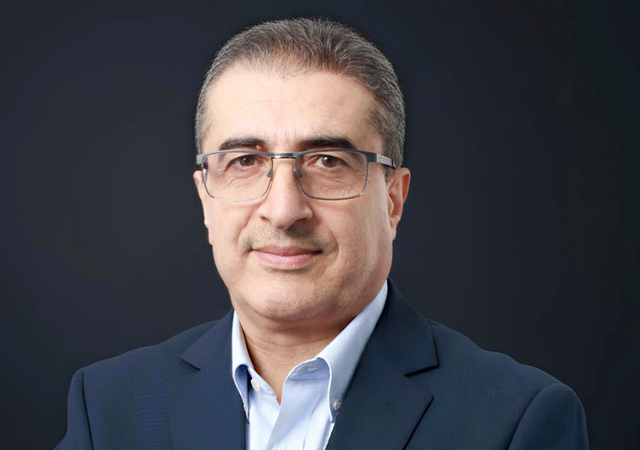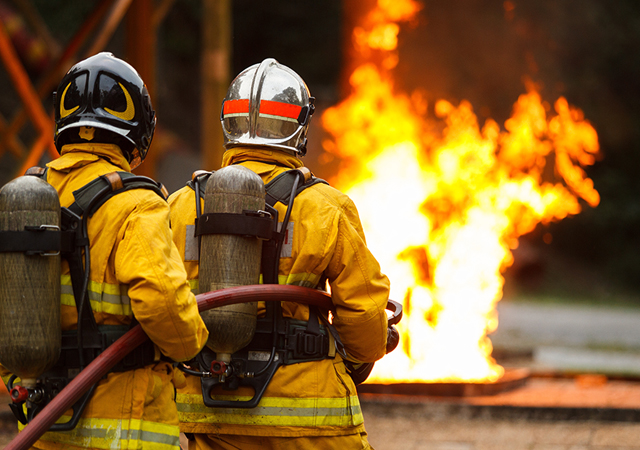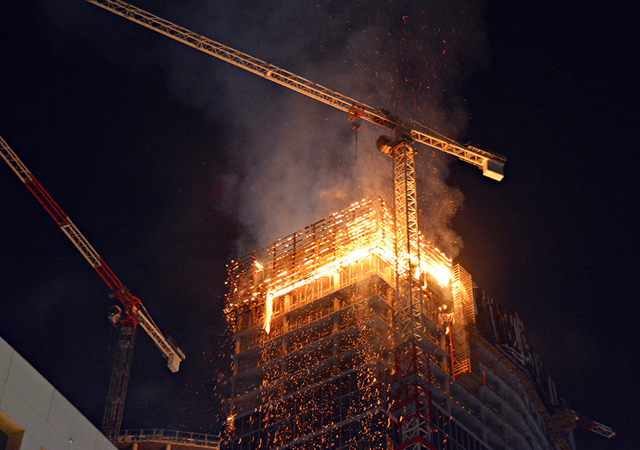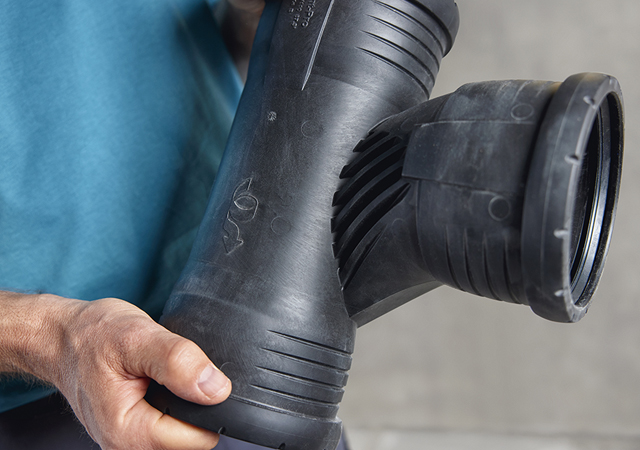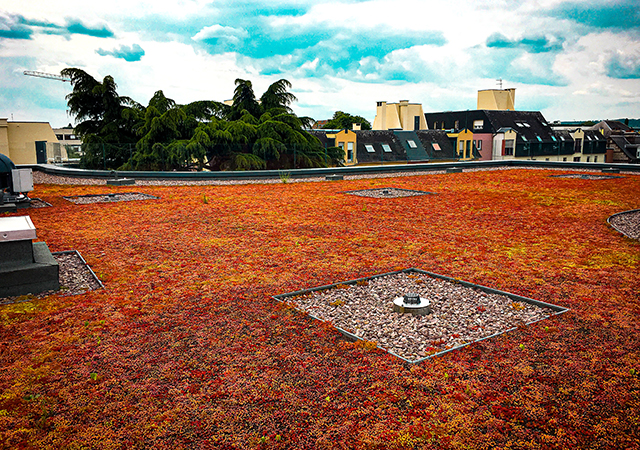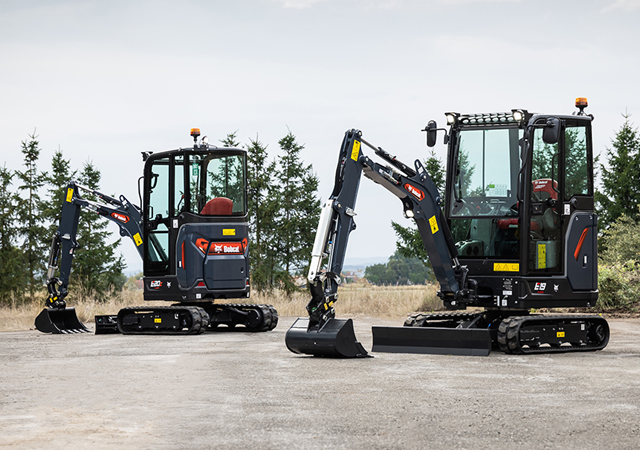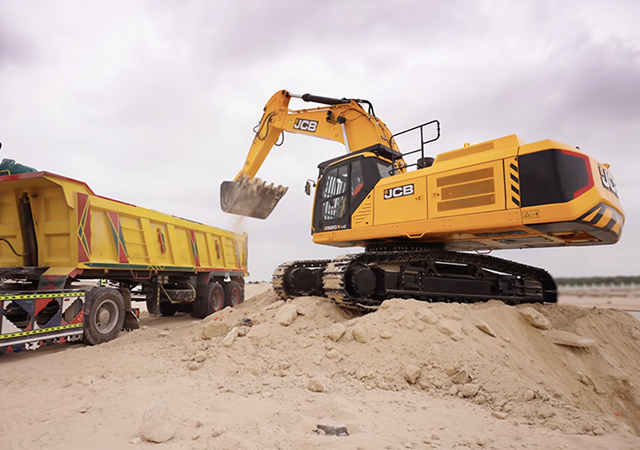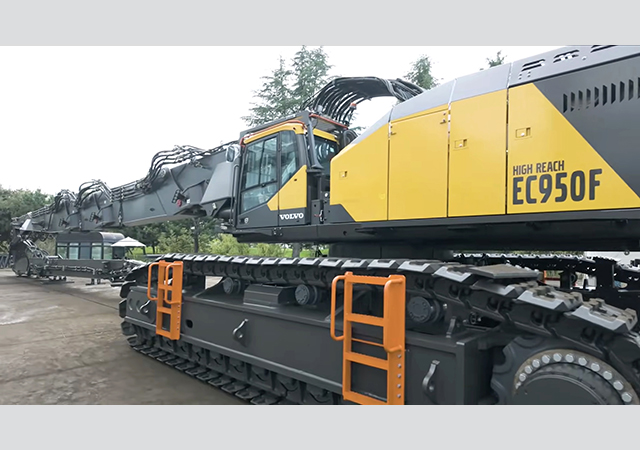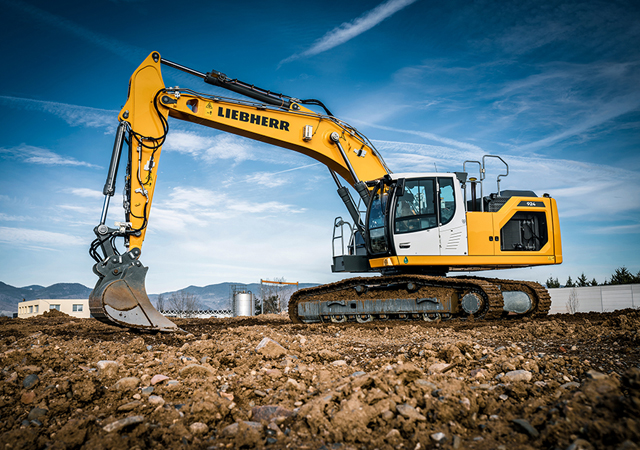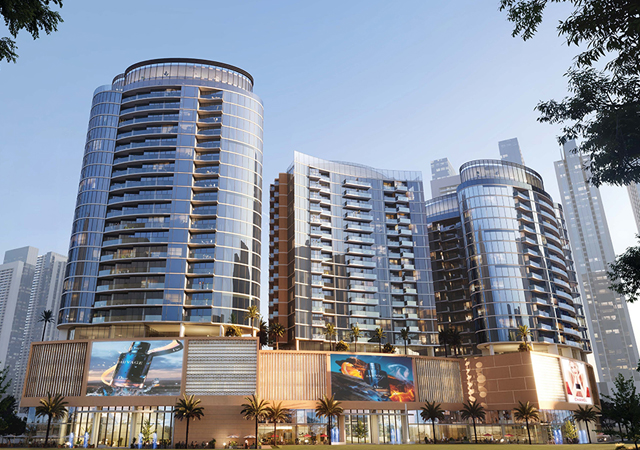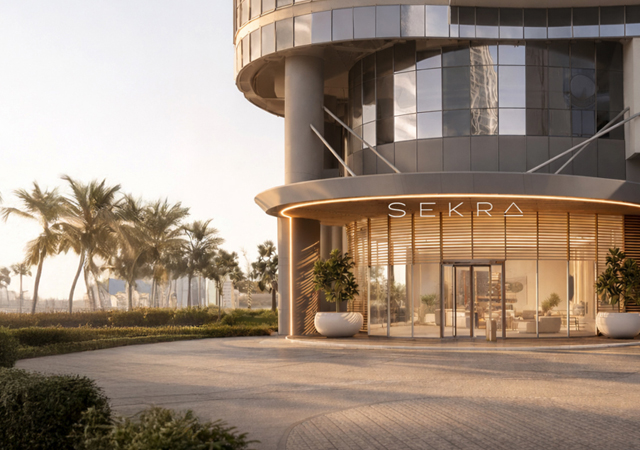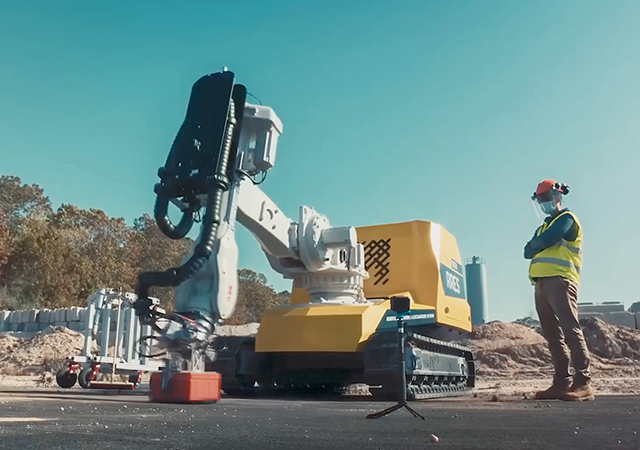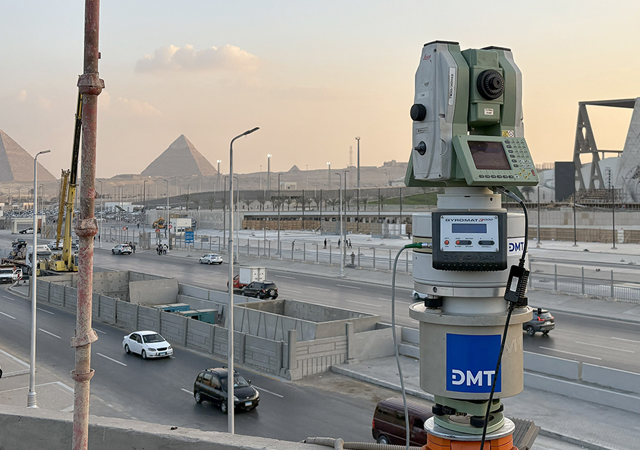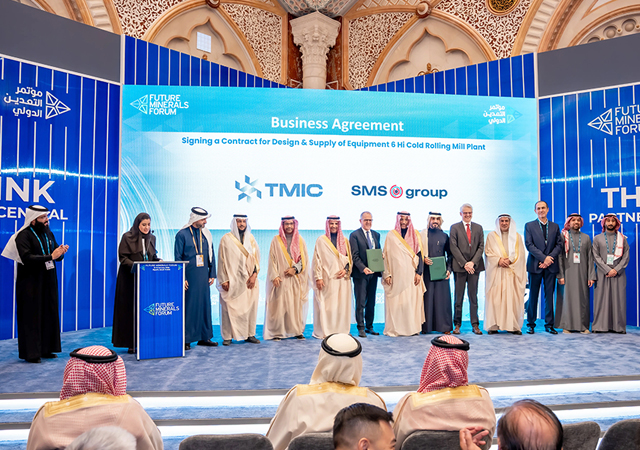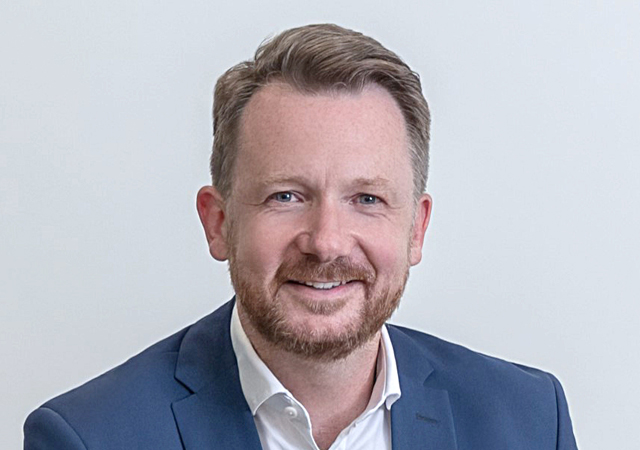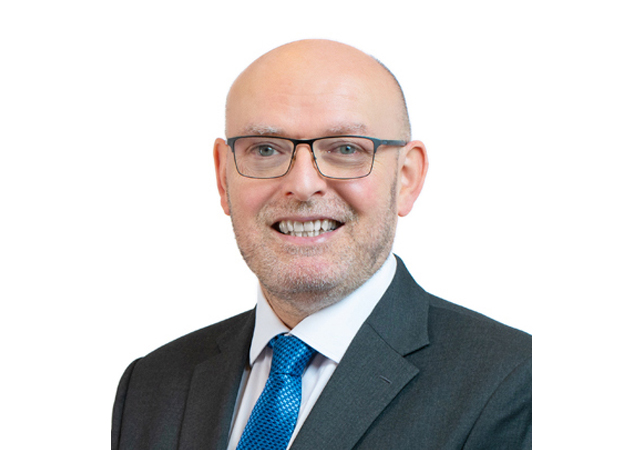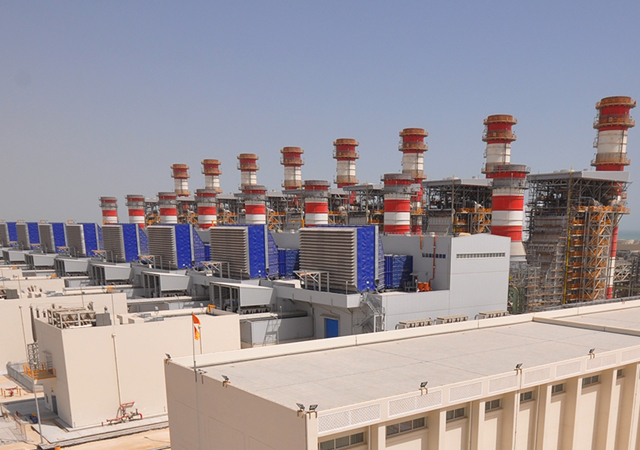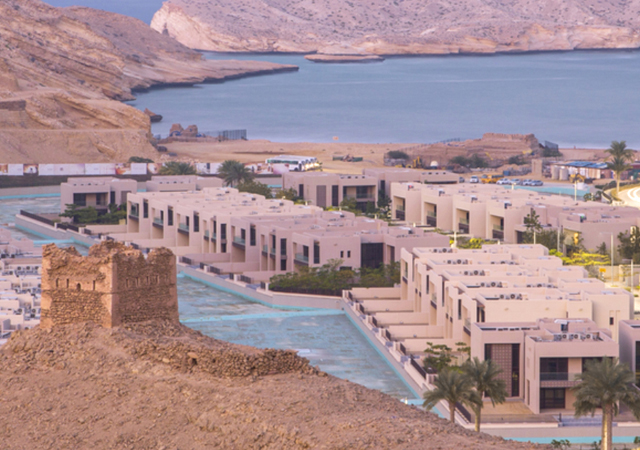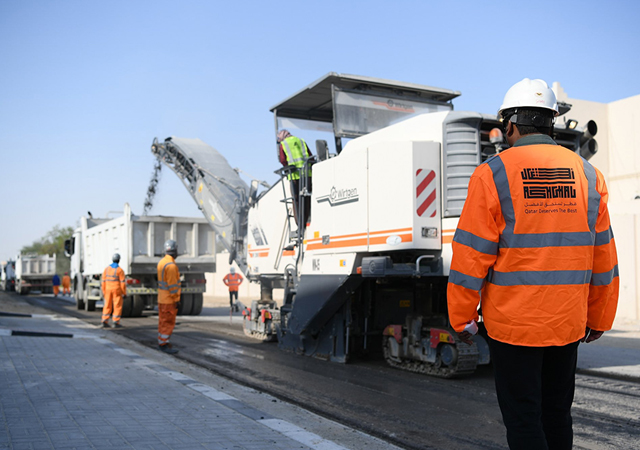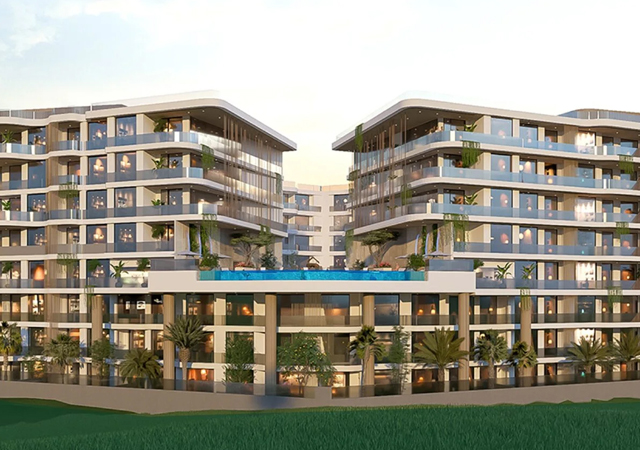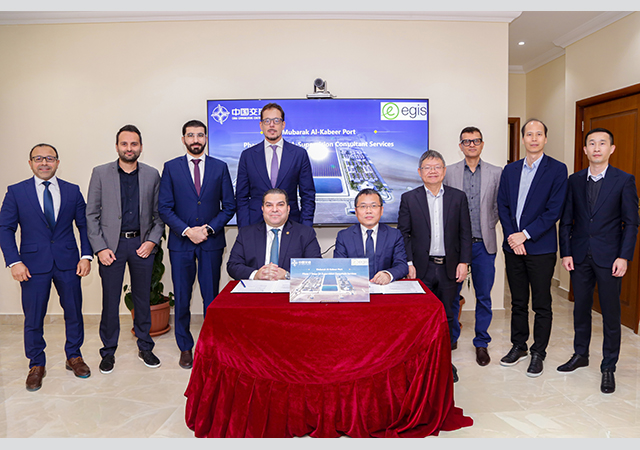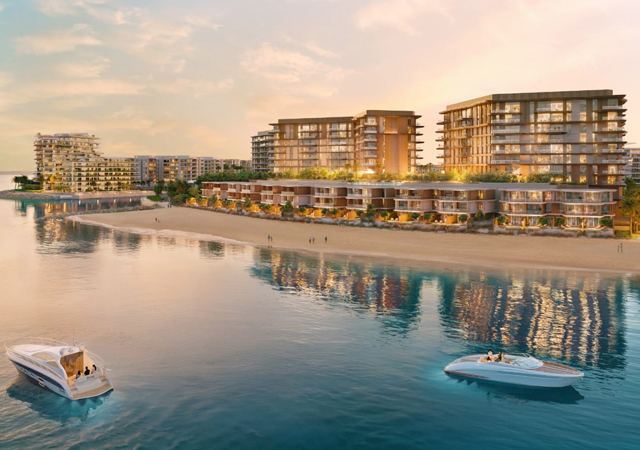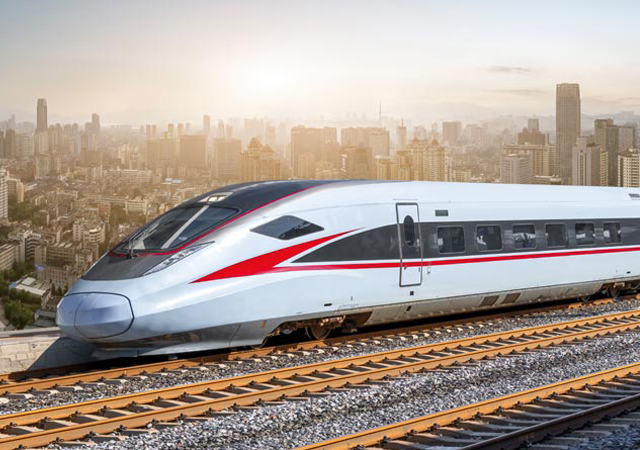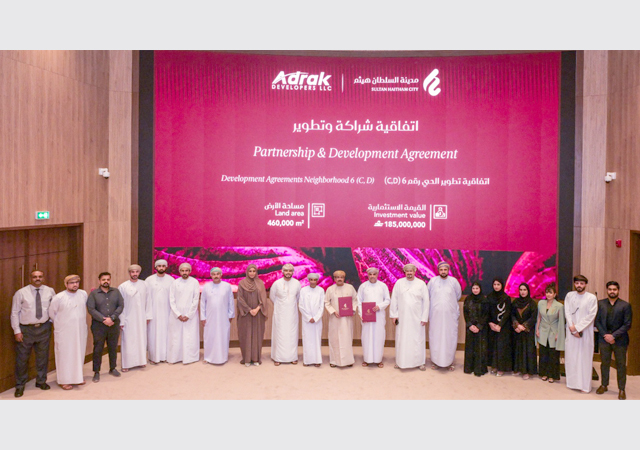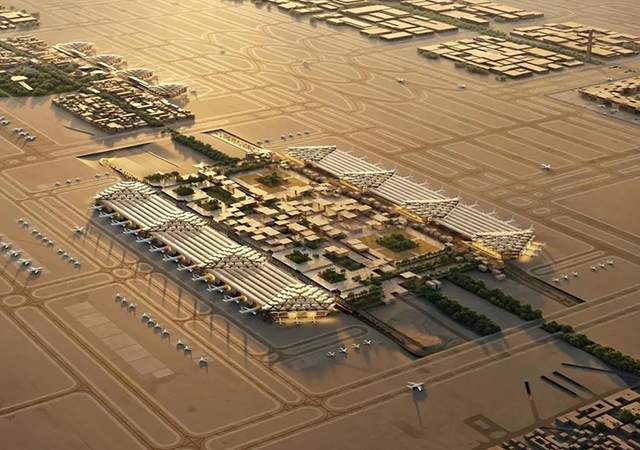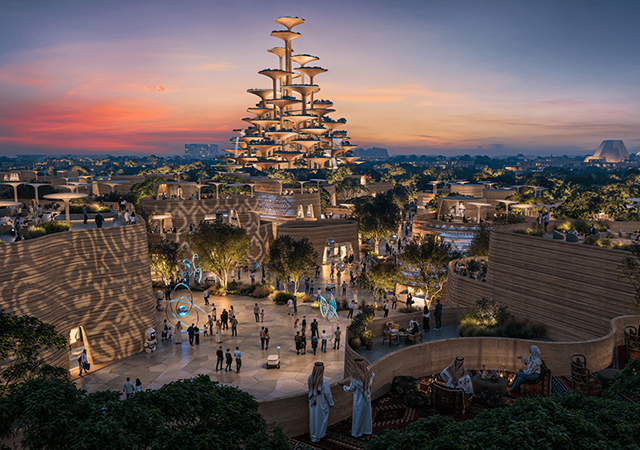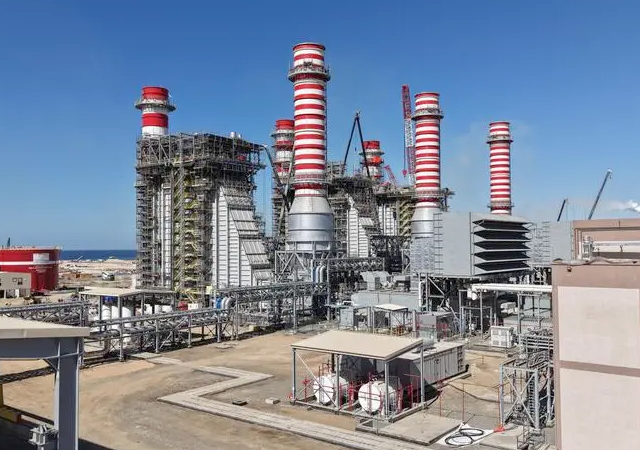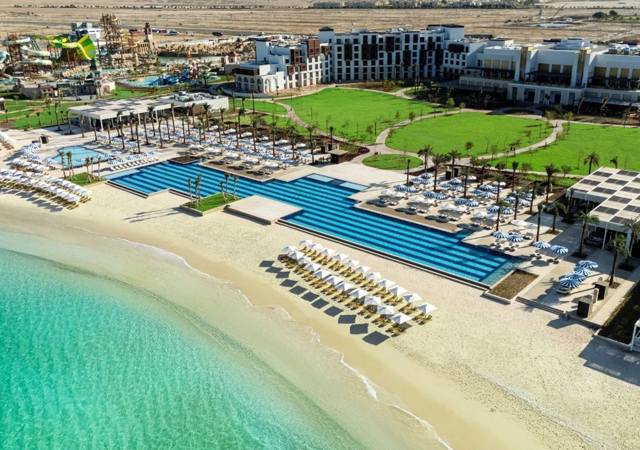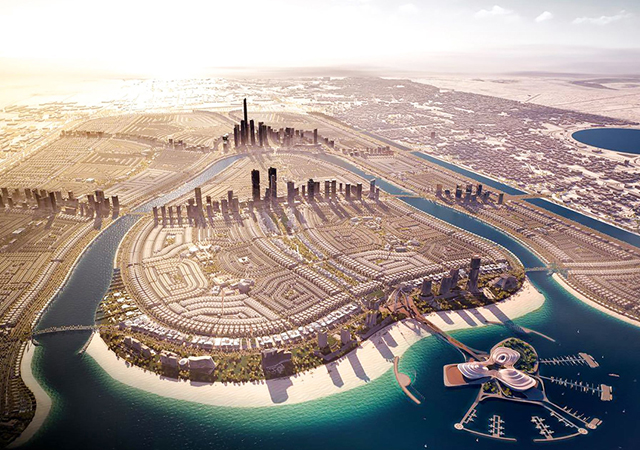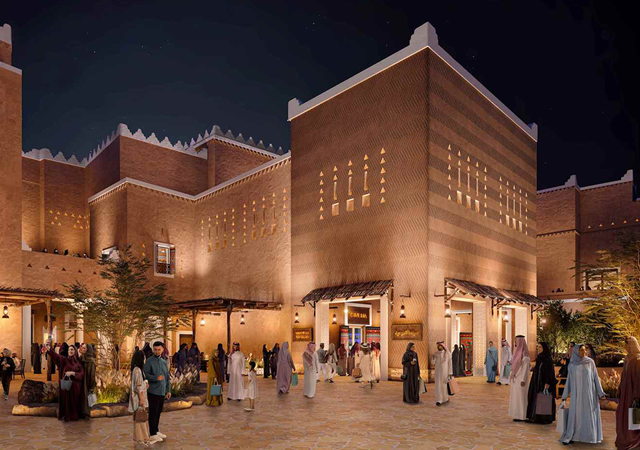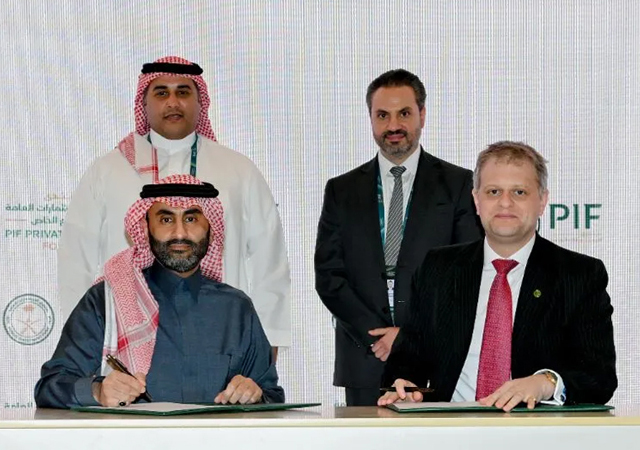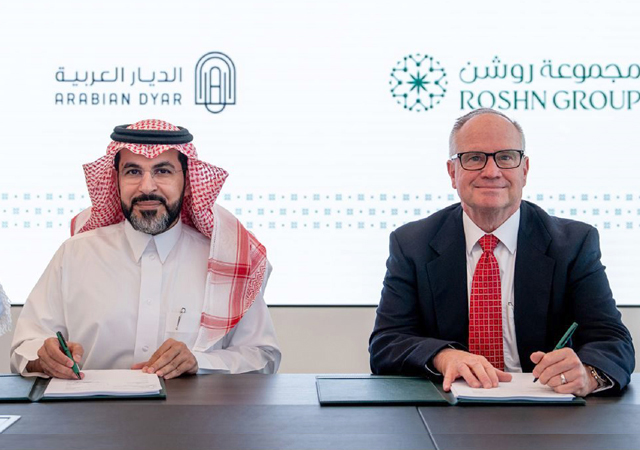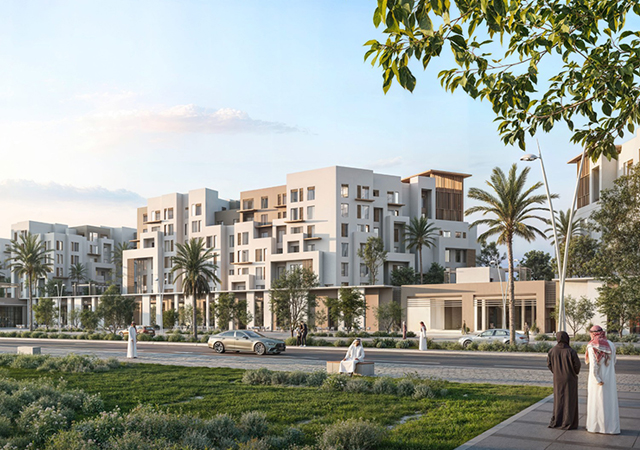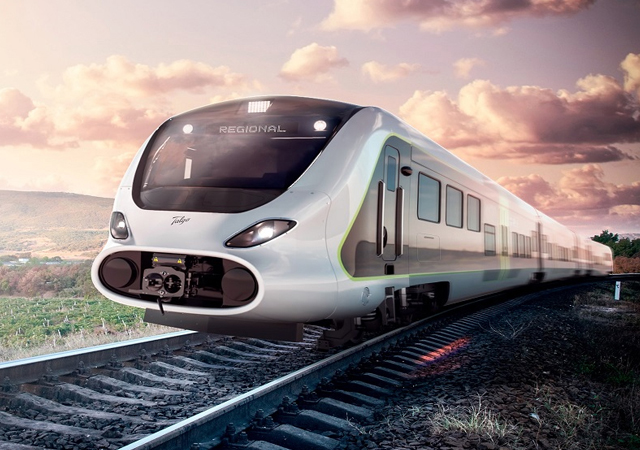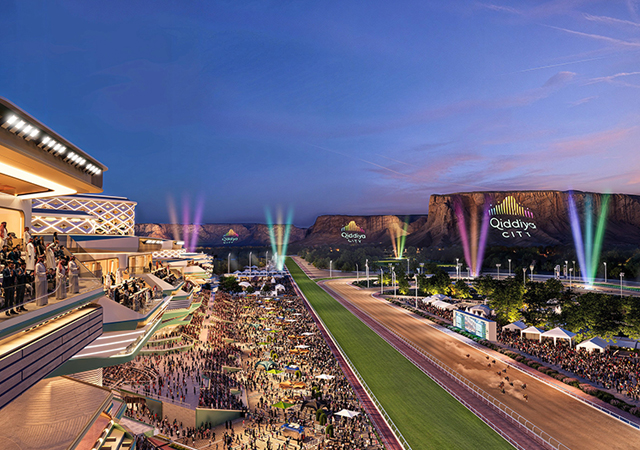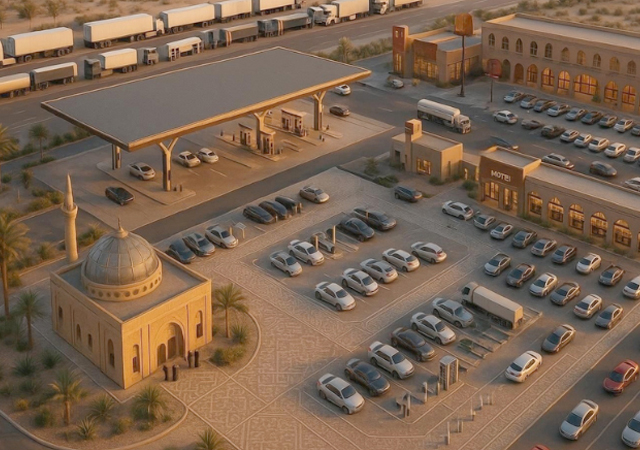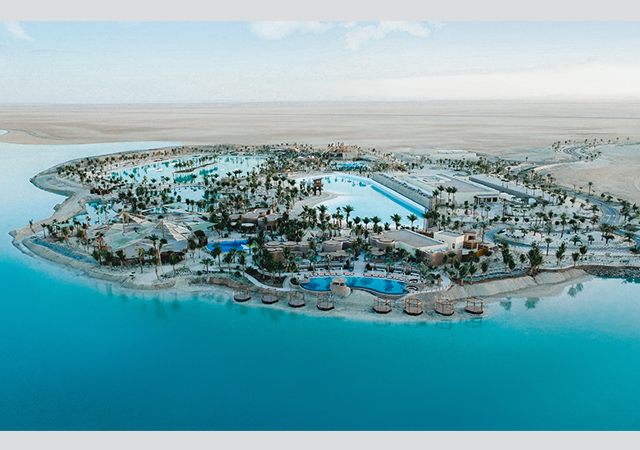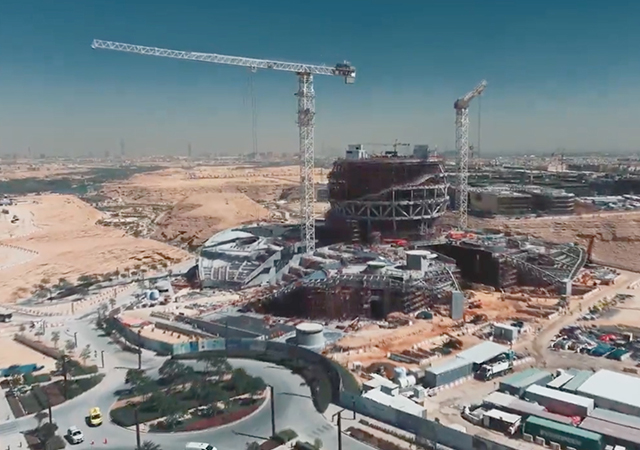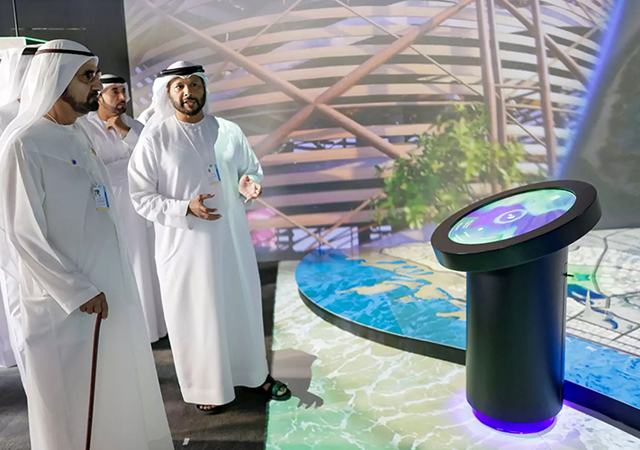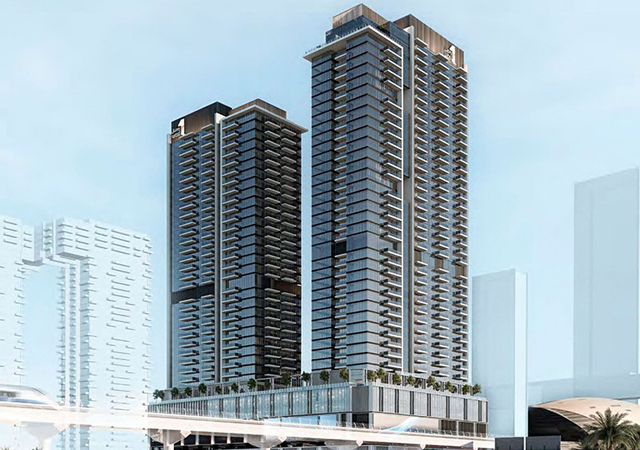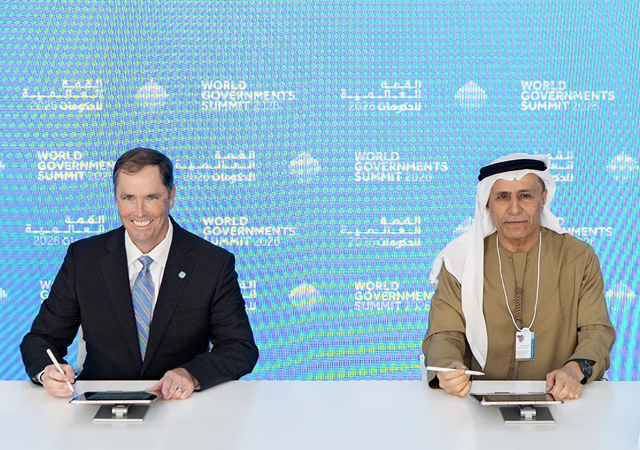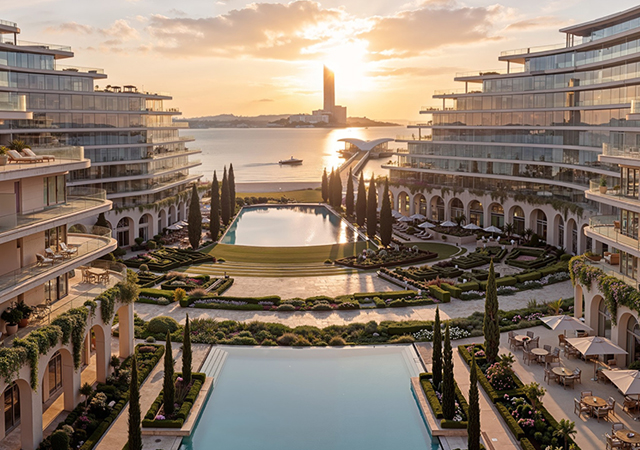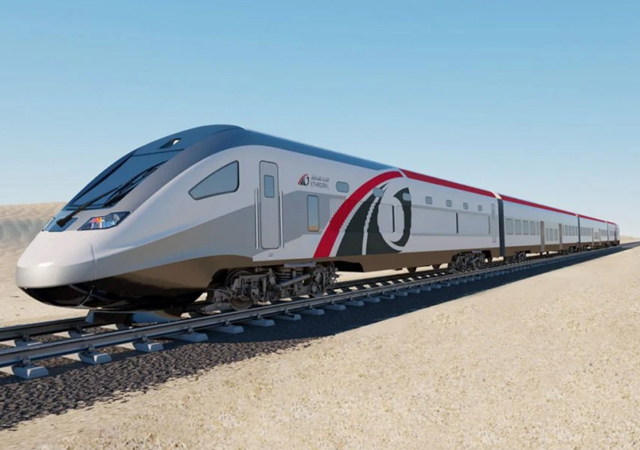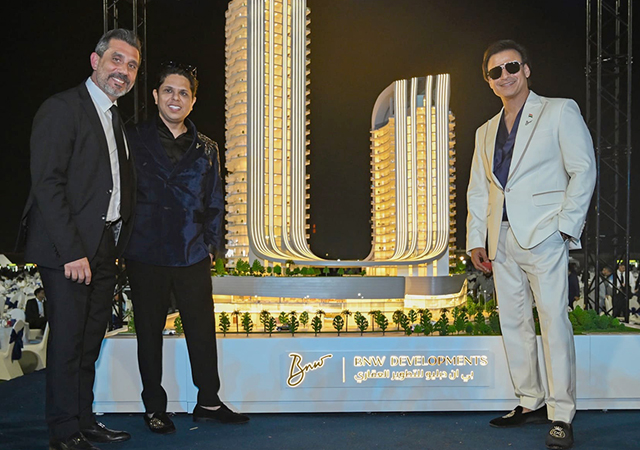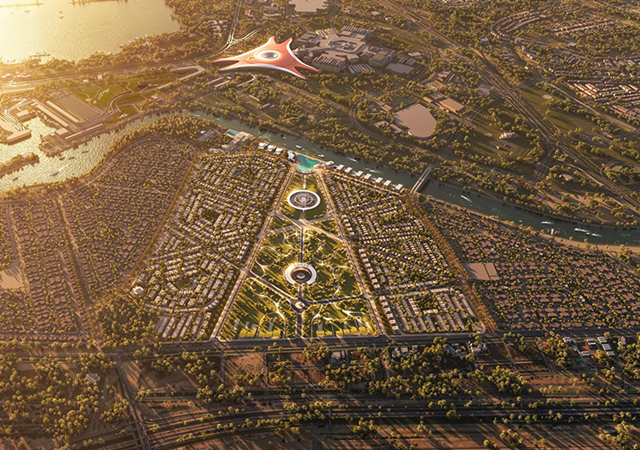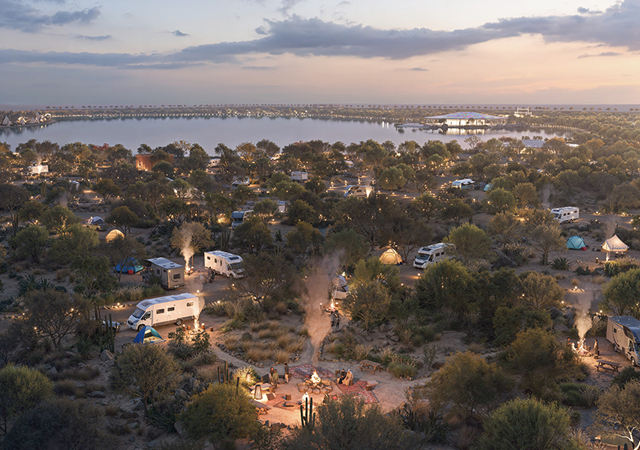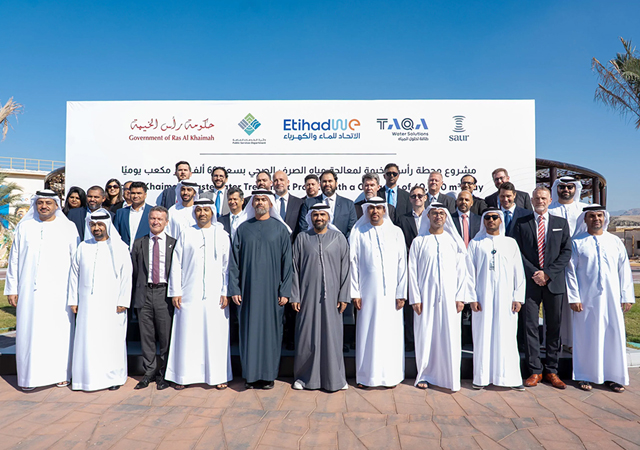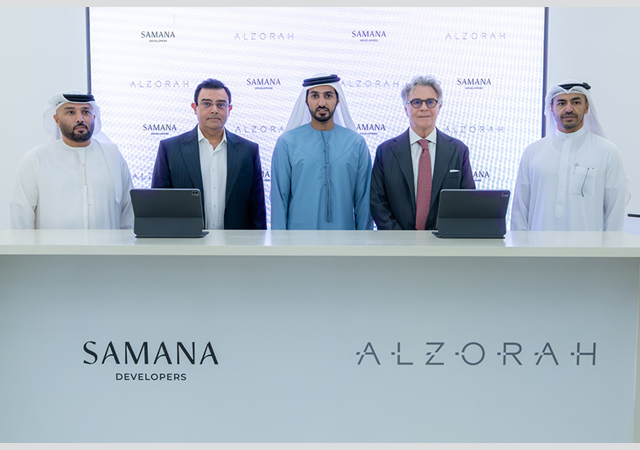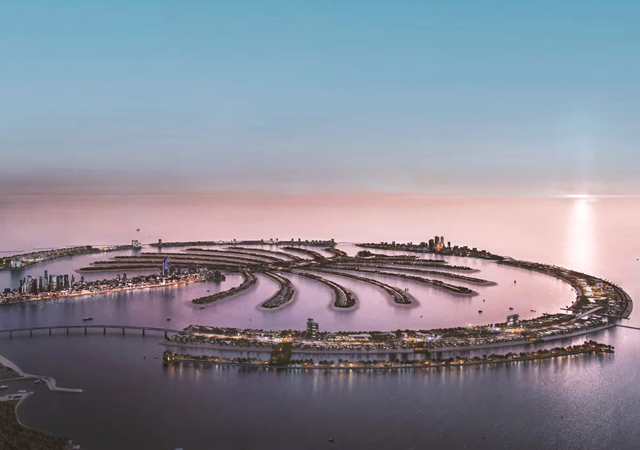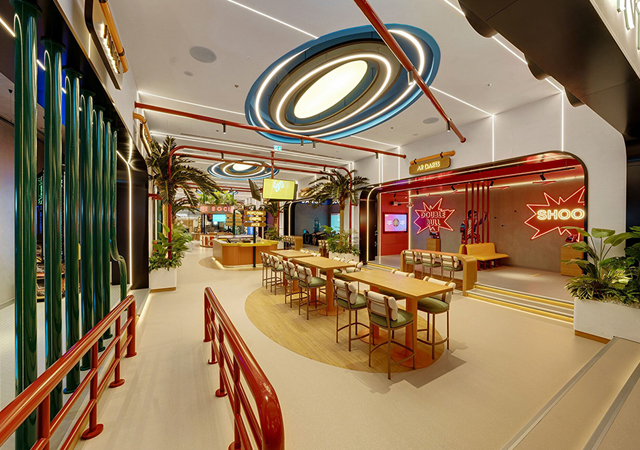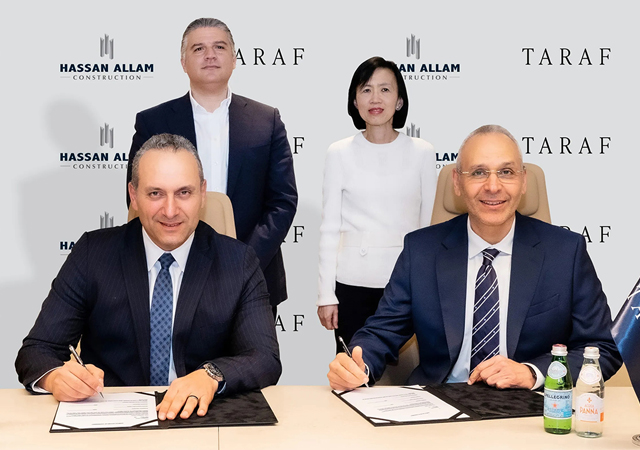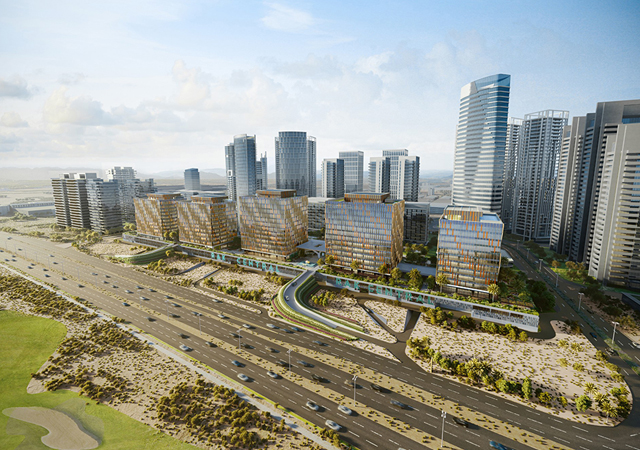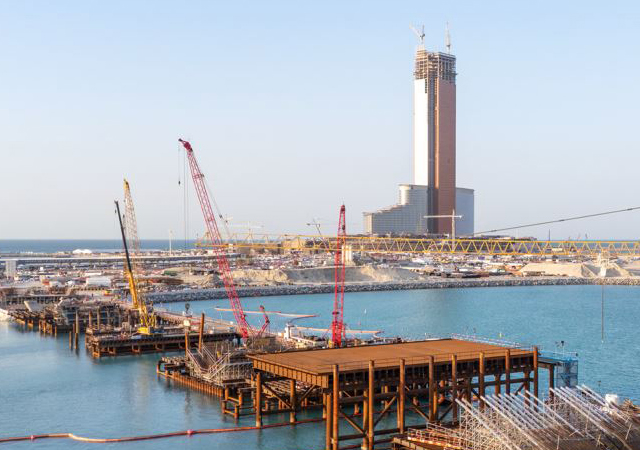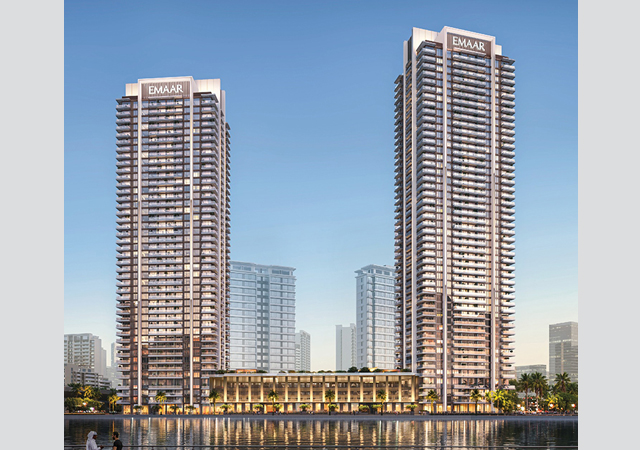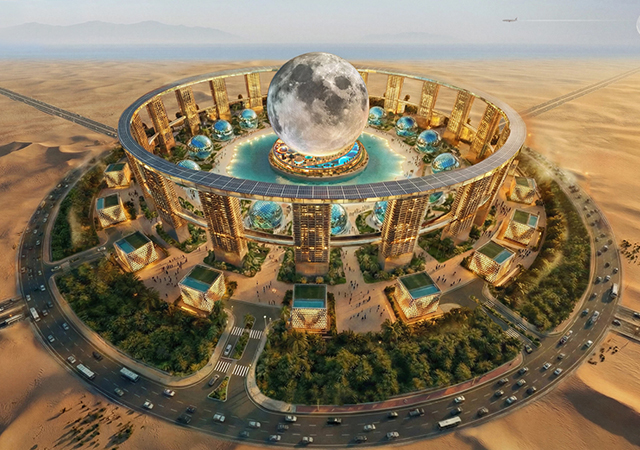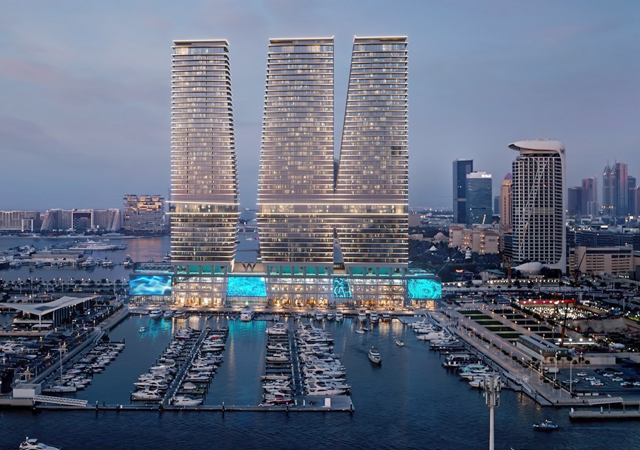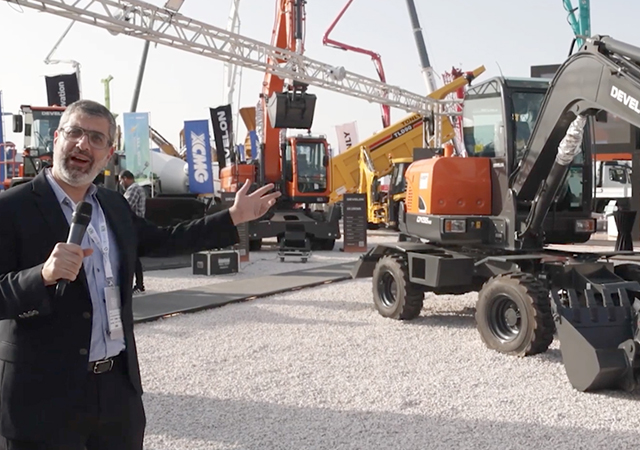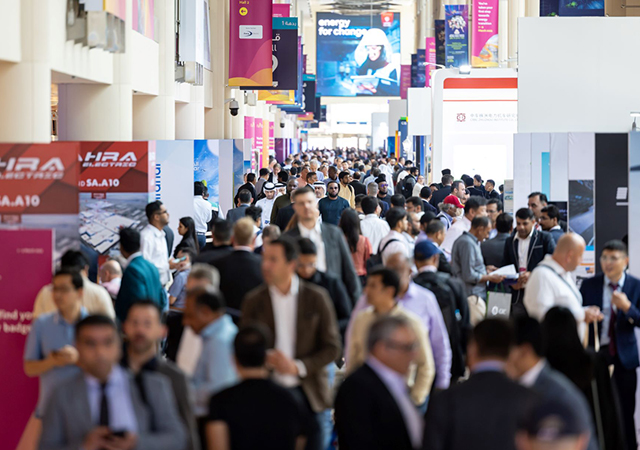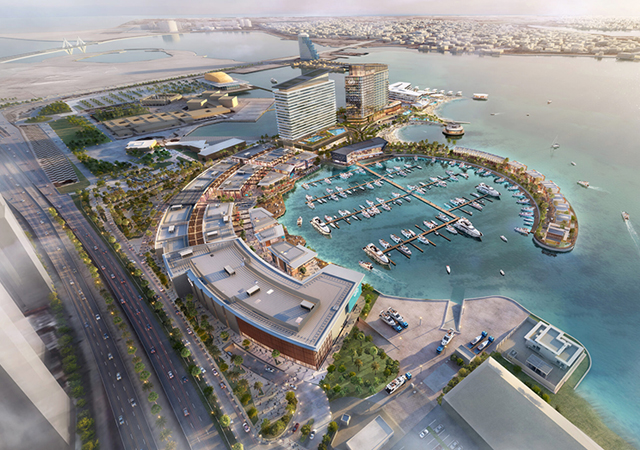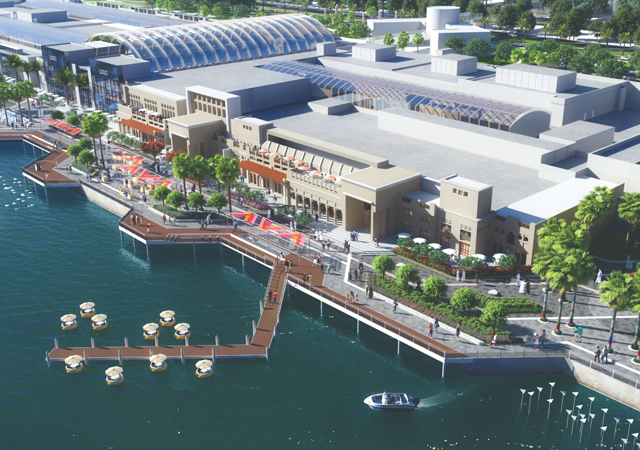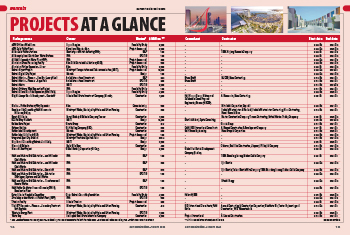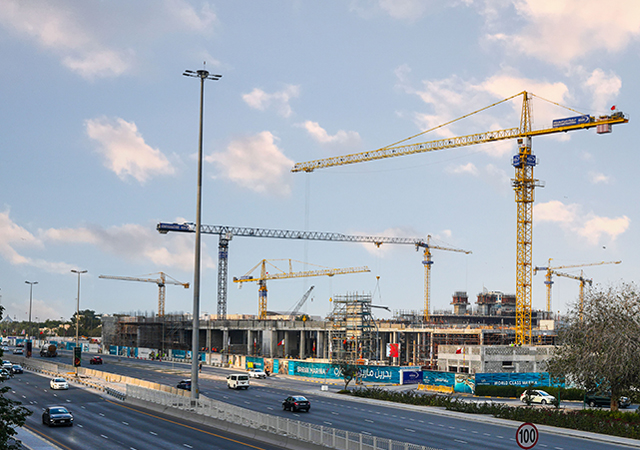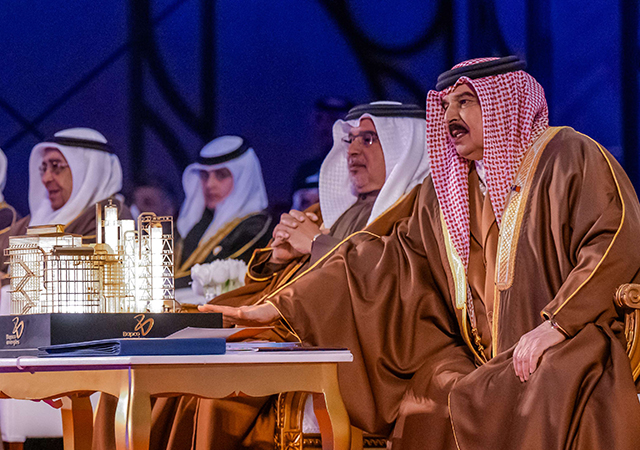

The most strategic project in the industrial sector, the Bapco Modernization Programme (BMP) was inaugurated last month. This landmark project, the largest capital investment in the history of Bahrain, commemorates more than 93 years since the establishment of Bapco and the first crude oil flow in the Gulf region.
The project, comprising 21 new processing units and 15 substations, was executed by a global consortium of leading companies including TechnipFMC, Samsung Engineering and Tecnicas Reunidas on an engineering, procurement, construction and commissioning (EPCC) lump-sum turnkey basis alongside local partners. The BMP represents a major expansion and upgrade of the facility that will allow the total refinery throughput to increase up to a maximum of 380,000 barrels per day (bpd). This will increase the refinery’s capacity by 42 per cent, from the existing 267,000 bpd.
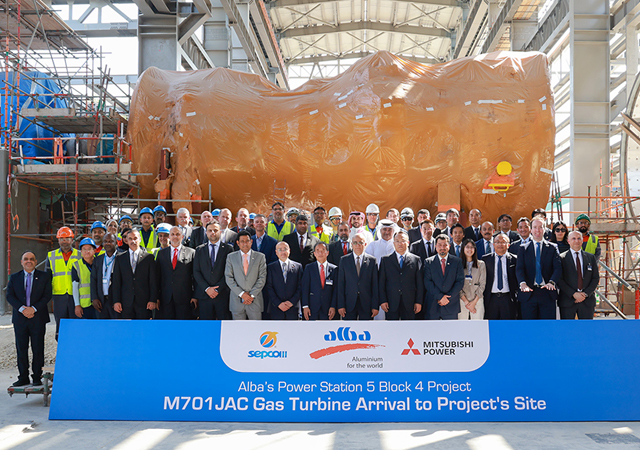 |
|
Officials mark the arrival of Mitsubishi Power’s gas turbine at the Alba site. |
Another cornerstone of Bahrain’s economy, Aluminium Bahrain (Alba), the world’s largest aluminium smelter ex-China, continues to expand its capacity to meet global demand. The aluminium producer – which was initially planning to build a new Line 7 – is reported to have revised its expansion strategy. It now plans to install new production facilities to replace the existing lines 1, 2 and 3 rather than building the new line. MEED quoted Alba CEO’s Ali Al-Baqali as saying that the smelter intends to close lines 1, 2 and 3 – which are more than 50 years-plus – and replace them with new lines. This approach allows Alba to increase capacity using more efficient and state-of-the-art technology while leveraging existing assets at its site.
In addition, Alba plans to enhance the capacity of Lines 4 and 5.
The smelter is also set to commence commercial operations shortly of Block 4 of its Power Station 5 (PS 5). This project involves the addition of a fourth block in a combined cycle configuration, featuring a 680.9-MW)Mitsubishi Power M701JAC gas turbine and integration with the existing 220 kV substation. Block 4 will increase PS 5’s total capacity from 1,800 MW to 2,481 MW, significantly reducing greenhouse gas emissions by 0.5 tonnes of CO2 per tonne of aluminium produced. The first firing of the gas turbine was achieved in April. A consortium of Mitsubishi Power and SepcoIII is managing the entire project lifecycle.
In a move towards sustainability, Alba has partnered with Japan’s Daiki Aluminium Industry Company to form a joint venture known as Alba-Daiki Sustainable Solutions (ADSS). This collaboration will establish an aluminium dross processing facility in Bahrain.



